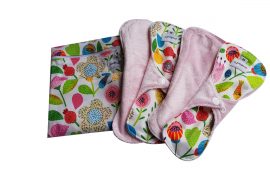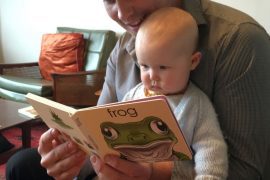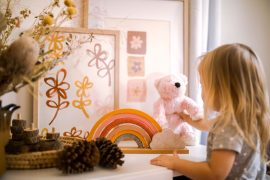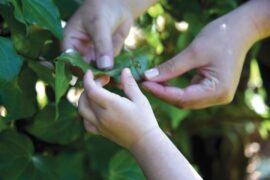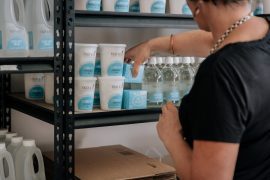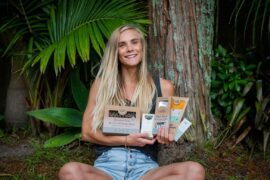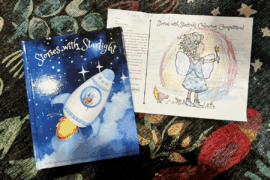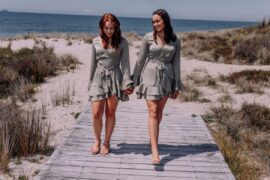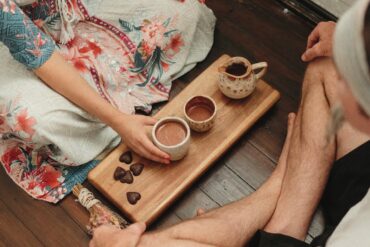6. Buy Toys With Non-toxic Lead Levels
You’ll want to ensure that your child’s toys don’t exceed the limits set by the Consumer Product Safety Commission (CPSC) – 100 parts per million (ppm).
The CPSC also sets a limit of 300 ppm for cadmium in children’s products. You can find the allowable levels for other substances on the CPSC website.
7. Consider the Toys’ Age Restrictions and Warnings
Age requirements are a good indicator of the potential hazards of a toy, as they protect children from choking and electrical hazards.
Warnings can vary by country. Therefore, knowing what you’re getting before buying any plastic-encased toy is important.
Age requirements are a good indicator of the potential hazards of a toy, as they protect children from choking and electrical hazards.
8. Buy Organic Toys
The best way to keep your children safe is by purchasing organic toys made with non-toxic and safe materials. They typically contain wood, cotton, wool and rubber.
They are also free of pesticides or other harmful chemicals. You can tell a toy is organic by the USDA organic label.
9. Choose Toys Viewed as Safer
You want to avoid toys with toxic elements, but selecting those that are safer for your child and their development is also important.
For example, avoid toys made from plastic or other materials that have batteries, lights or sounds. These can expose your child to harmful chemicals such as lead and cadmium.
You want to avoid toys with toxic elements, but selecting those that are safer for your child and their development is also important.
10. Take Advantage of Your Child’s Creativity
Encourage your children to use their imagination with their toys. They can make up stories, draw pictures and play pretend games with you.
Consider looking for toys that enable children to be creative, like paints, play dough and basic craft supplies. Ensure these items are labeled nontoxic.
Keep Your Kids Safe
Toxic toys are everywhere – not just in thrift stores or garage sales. Many popular brands sell products that could harm children. That’s why it’s important to research before buying anything and feel confident in your purchases.
Jane is the founder and editor-in-chief of Environment.co where she shares practical tips on how to live a greener life.

